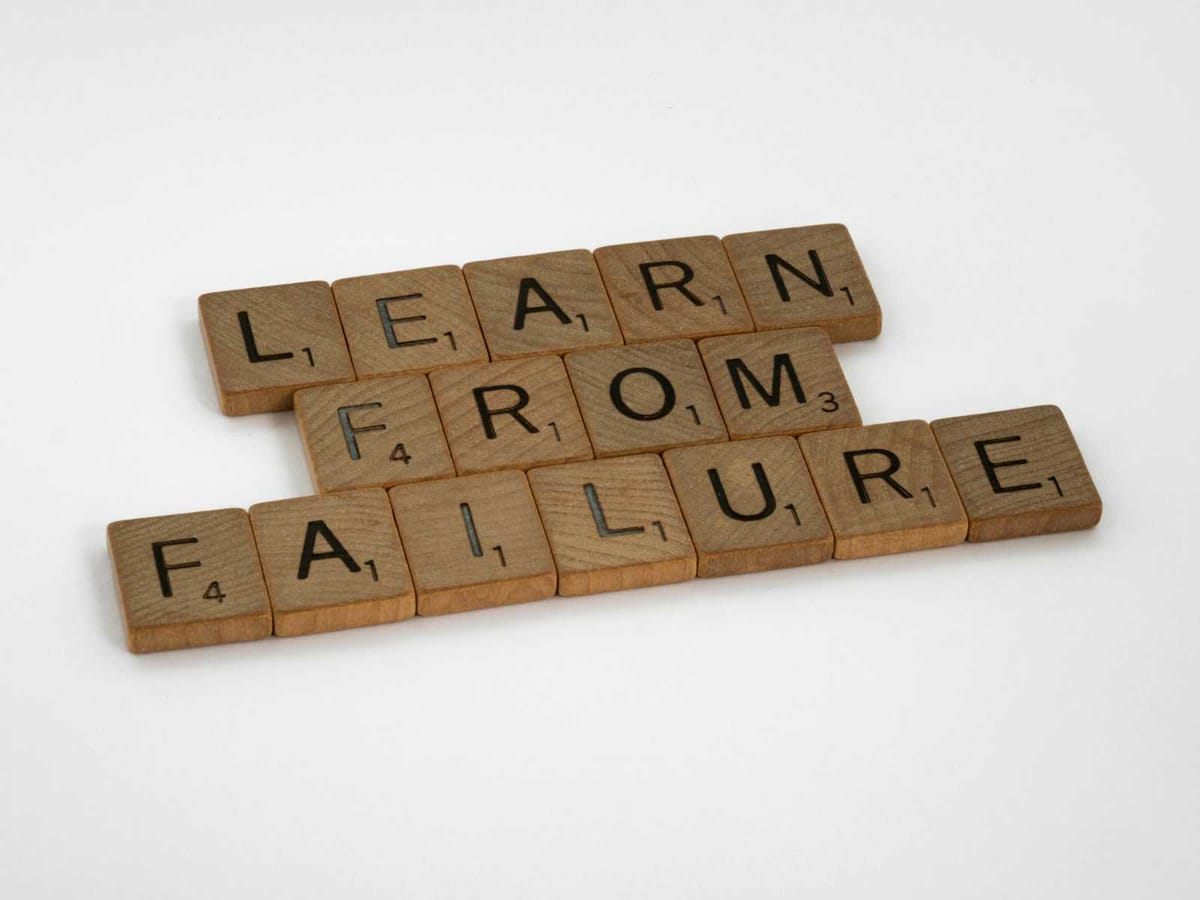Mistakes Happen. Here’s How I Help My Team Grow from Them

When I first stepped into a team lead role, my reaction to mistakes—especially under pressure—was best described as deer in the headlights. I’d freeze. What do I do? What’s happening?
Luckily, I had a few amazing mentors I could turn to. They’d walk me through the chaos, remind me to breathe, and teach me that how I responded mattered just as much—if not more—than the mistake itself.
Eventually, as I grew more confident in my role, I moved from freezing… to full-on fight or flight. Especially when the mistake came from someone I knew was giving their all. My instinct was to jump into rescue mode—fix the thing, protect the person, patch it all up. But as it turns out, leadership isn’t about saving the day. It’s about creating a space where people learn from the day.
So here’s how I’ve learned to handle mistakes—without crushing morale.
Pause Before Reacting (Even When It’s on Fire)
When something goes wrong, especially under time pressure, it’s tempting to react immediately. But I’ve learned that rushing in with judgment or stress only makes things worse.
These days, I try to keep an open mind, gather all the information, and speak to everyone involved. Let me tell you though, this is something I work on daily. Leadership is a muscle—and pausing is one of the hardest reps.
Build Rituals for Psychological Safety
We’ve built a few team rituals that make it safe to talk about what went wrong:
- Tuesday Chats – open weekly convos where we can reflect and vent
- Bi-weekly retros – a space to ask, “What could we do differently next time?”
- 1:1s – where people can be vulnerable without an audience
Sometimes a team member wants to talk through a mistake privately—and that’s what 1:1s are for. Sometimes the learning is worth sharing with the whole team—so we do, without pointing fingers. We talk about the mistake, not the person.
Lead With Empathy, Not Shame
A few weeks ago, someone on my team made a mistake and immediately spiraled. They were working overtime to “make up” for it and saying things like “I can’t believe I messed that up.”
That’s when you know: it’s not the code that needs fixing, it’s the morale.
So I sat down with them and said, “Will it really make a big difference if this is done by midnight… or by tomorrow afternoon?” That pause—that shift in perspective—is usually all it takes. We’re not here to punish. We’re here to recover, reinforce, and get better.
Accountability Still Matters
Empathy doesn’t mean letting patterns slide. A forgivable mistake is something that happens once—like accidentally releasing an untested version into production while juggling twenty other things.
But when the same mistake keeps happening and the person goes silent, ignores messages, or avoids asking for help—that’s when we need to talk. Not to scold, but to dig in together: What’s blocking you? What support is missing?
Own Your Own Mistakes, Too
I can’t count how many times I’ve told my team, “If I mess up, call me out.”
I don’t know everything. No leader does. We’re all learning—every day. And when I share that with my team, they trust me more. Not because I’m perfect, but because I’m real.
What Happens When You Don’t Handle Mistakes Well?
Fires. Fires everywhere.
Leaders who punish mistakes or sweep them under the rug end up firefighting 24/7. No time to improve. No space to breathe. No growth—just survival mode.
That’s not the kind of team I want to build.
What I Want My Team to Know
It’s okay to mess up.
You can tell me when something goes wrong. I won’t judge you—I’ll stand next to you and figure out how we can learn from it. We’ll bring in reinforcements, create better systems, and move forward. Together.
Mistakes aren’t the end. They’re the beginning of growth.

